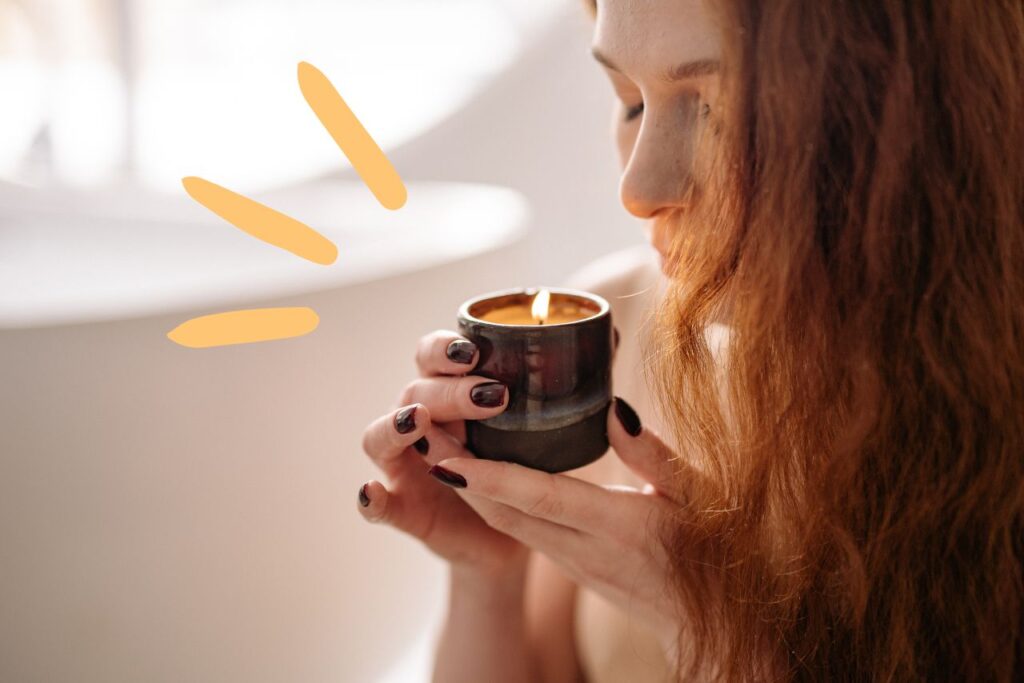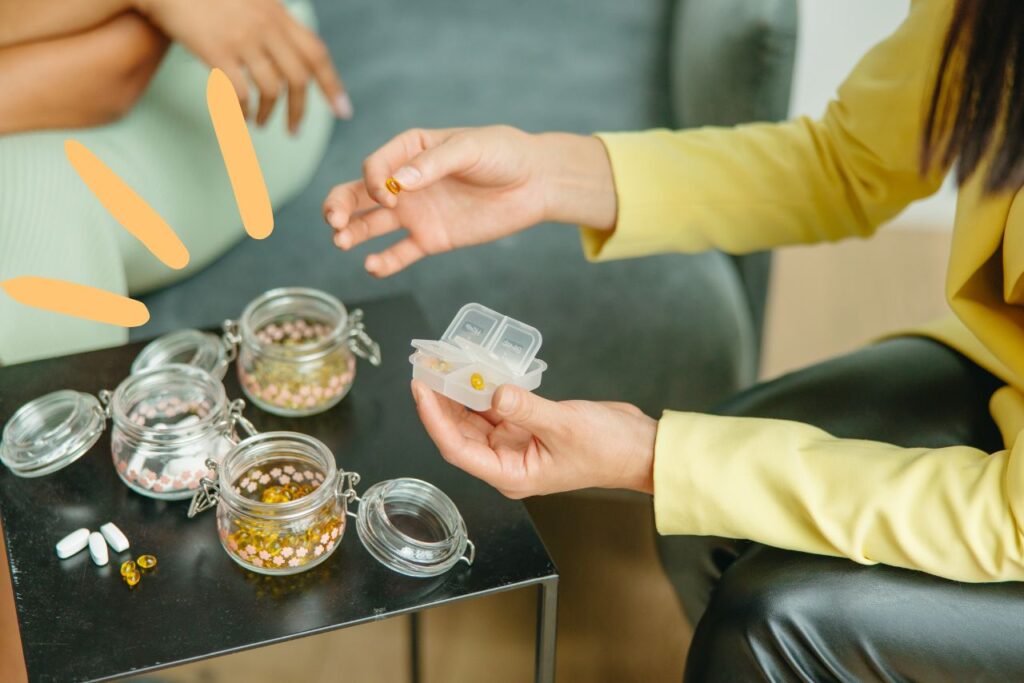Hands up who noticed the fallen leaves on their brisk, multi-layered walk around the block earlier? Okay, we see a lot of raised mittens; autumn is definitely here!
The changing seasons, particularly that transition from the unbridled optimism of summer into the relative introspection of autumn, can sometimes knock folk off-kilter, with the first rumblings of seasonal affective disorder (SAD) beginning during this time.
Whilst it’s vital to see a GP if you’re struggling to cope, there are several lifestyle measures recommended by experts that can address a change in mood brought on by the onset of shorter, colder days. With that in mind, here are 5 ways to tackle a seasonal change in mood proactively.
Let There Be Light
According to the NHS, whilst the precise cause of SAD isn’t yet understood, ‘’it’s often linked to reduced exposure to sunlight during the shorter autumn and winter days.’’
This may effect the brain’s production of melatonin, serotonin, and our circadian rhythm, all of which play a role in regulating our mood.
It’s essential, then, to make the most of the natural light whenever you can. The evenings haven’t yet fully drawn in, and neither should the curtains on another summer past. Sunlight is good for the soul, make no mistake, with research suggesting that the brain produces more serotonin (the brain’s natural antidepressant) on sunny rather than darker days.
Do check out these tips on the best ways to allow more natural light into your home, when you get a moment, then, for more on boosting your access to sunlight and, in turn, your mood.
But that’s not all; technology can be used to address a lack of natural light, too. There are now a wide range of SAD wake-up lamps that can mimic a natural sunrise, perfect for the dark mornings when getting out of bed seems tougher.
Harness The Power Of Aroma With A Scented Candle
Dips and deviations in mood because of a change in weather certainly can’t be cured through a scented candle, but the power of aroma can have an impact on our wellbeing in some instances.
Wondering what candle to burn? If you want a boost of energy and, erm, zest, the smell of citrus fruit has been shown to do this. Want to feel relaxed? Candles of jasmine and lavender offer a wonderfully soothing scent that have calming properties, perfect to help you unwind.
In fact, according to clinical trials reported in the U.S National Library of Medicine, ‘’Lavender aromatherapy has been shown to reduce stress and anxiety’’. Food (or rather, flower) for thought, indeed.
Read: The IDEAL home office aromas

Nutrition
That reduced exposure to sunlight and the subsequent loss of vitamin D supply can cause mood fluctuations. Accordingly, it might be wise to mark the shift in seasons with a shift in diet.
Do endeavour to eat healthily and in a balanced fashion, with a focus, as always, on fruit and vegetables. The more green foods you can pile onto your plate the better. Broccoli, apples, kale, spinach, courgettes, avocado, peas.the list is near endless. Green foods are packed with immune-boosting vitamin C, iron, vitamin E, carotenoids and zinc; great for the body and soul.
It can also be hugely inspiring and soul-nourishing to eat with the seasons as much as possible, giving you a new appreciation for nature and the passing of time. In season right now and wonderfully good-for-you are a whole range of darker autumnal fruits, like plums, Bramley apples, figs, apricots and pears, to name but a few. Vegetables at their peak in early Autumn include butternut squash, celeriac, kale, leeks, pumpkin and more.

Supplements
It can be tough to get enough of that all important Vitamin D from the sun during the autumn and winter months. Unfortunately, it’s also not that easy to find sufficient Vitamin D from your diet alone, though fatty fish and fish liver oils do contain it.
The good news is that there are various, affordable Vitamin D supplements out there, and as such, it might be sensible to stock up for autumn. As the NHS recommends, ‘’Government advice is that everyone should consider taking a daily vitamin D supplement during the autumn and winter.’’
Though it’s not clear whether SAD is directly affected by your production or intake of vitamins, it’s certainly worth keeping your Vitamin D levels up, potentially alongside Omega-3 fatty acid supplements, if you’re not a massive fan of oily fish.
Other supplements may soothe the stresses of a shift in the seasons, too. The amino acid L-Theanine can help reduce heart rate, inhibit the release of the ‘stress hormone’ cortisol and potentially, create a sense of relaxation approximately 30-40 minutes after ingestion. The good news is that it’s found in a cup of tea, but if you prefer, L-Theanine can also be bought in capsule form, for those crazy folk who don’t like tea.

Keep The Exercise Up
When the sun is shining and the temperature mild, exercise is easy, whether that’s taking yourself for a run, embarking on a long stroll or getting down the gym in one, dry piece. Autumn can bring about a very different approach to exercise, when the temptation of the sofa is often too strong to get you in your gym kit and out the door.
During times like these, it’s important to remember just how hugely, immeasurably beneficial exercise is, for both the body and mind, with the NHS recommending 150 minutes of moderate-intensity activity a week, to boost mood, health and wellbeing, as well as keeping a whole host of issues at bay.
There really is no reason not to. Not even the drizzle and chill in the air!
The Bottom Line
Though the cause of a changing seasonal mood isn’t firmly established, many experts believe it can be addressed via a few simple lifestyle measures, including increased exposure to natural light, diet, and exercise.
Sleep also plays a crucial role here. Sadly, as so many will know, those nightly Zzzeds can be disrupted as the seasons change. Allow us, then, to direct you to our tips on the best ways to improve your circadian rhythm for more on doing just that.
*This article is not intended to replace medical advice, diagnosis or treatment given by a qualified mental health professional. Instead, this article only provides information, not advice. For any medical enquiries, always consult your GP first*





